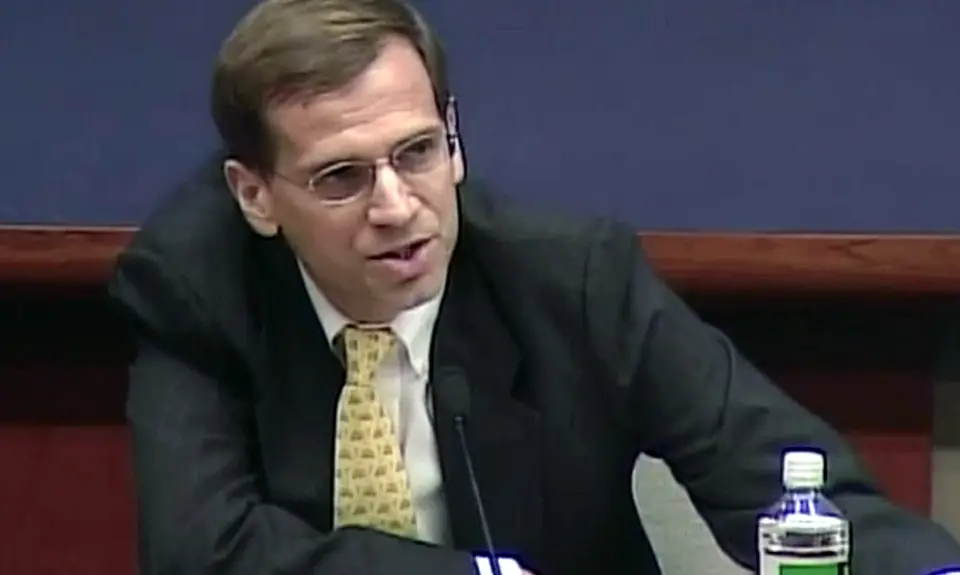“Confirmed Judges, Confirmed Fears” is a blog series documenting the harmful impact of President Trump’s judges on Americans’ rights and liberties.
Trump D.C. Circuit Judge Greg Katsas dissented from a ruling by two other judges in Simon v. Republic of Hungary in December 2018, which ruled that 14 Holocaust survivors should be able to pursue in U.S. courts their damages claims against Hungary and a government-owned railway company. Katsas would have dismissed the claims, as did the district court, because the survivors did not sue in Hungary.
Katsas agreed with the district court that the lawsuit should have been dismissed on the common law ground of forum non conveniens, under which a court can refuse to take a case because there is another forum that the court considers much more appropriate. As the court of appeals majority explained, however, the lower court “committed material legal errors” in reaching that conclusion. Among other problems, the court of appeals explained, the lower court and Katsas failed to accord appropriate deference to the survivors’ choice of forum, since all wanted to sue in the U.S., where several of them live. In addition, the majority explained, Hungary did not meet the requirement of being a “strongly preferred location” because “Hungary is not home to any identified plaintiff, has not been shown to be the source of governing law, lacks a process for remediation recognized by the United States government, and is not the only location of material amounts of evidence.”
The majority criticized Katsas for faulting the survivors for not having “locked down the specific location of documents” concerning their individual claims, noting that discovery had not even begun and that he imposed no comparable obligation on Hungary with respect to locating documents. The majority further explained that while many relevant documents would be located in Hungary, the survivors showed that “an extensive collection of relevant records” concerning the Holocaust-era atrocities in Hungary was available at the U.S. Holocaust Museum in Washington, D.C.
As the majority explained, it would be “indisputably inconvenient” to “further delay the elderly [s]urvivors’ almost decade-long pursuit of justice.” Under previous D.C. Circuit case law, they pointed out, before dismissing a case like this one on forum non conveniens grounds, a district court “must ensure” that the dismissal “will not lead to a foreign sovereign ‘delaying exhaustion’” of remedies under its own law “in a way that could end up foreclosing the claims altogether.” Despite the district court’s failure to do that, Katsas would have upheld the dismissal of the survivors’ claims.
